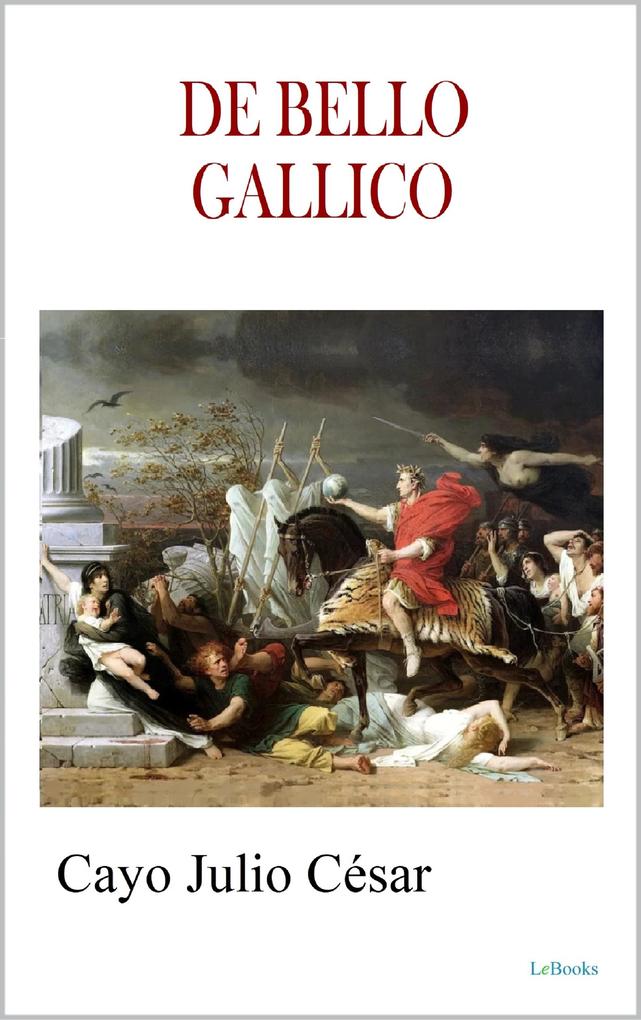Julius Caesarwas a Roman general, statesman, and writer, widely recognized as one of the most influential figures in Western history. Born in Rome during the late Republic, Caesar is known for his military genius, political reforms, and writings that shaped both Roman history and Latin literature. His rise to power marked the transition from the Roman Republic to the Roman Empire, leaving a legacy that continues to resonate in politics, military strategy, and culture.
Caesar's career was marked by his extraordinary military conquests and political reforms. As a general, he is most renowned for the Gallic Wars (58-50 BC), which extended Roman territory to the English Channel and the Rhine. His own account of these campaigns, Commentarii de Bello Gallico, remains one of the greatest works of Latin prose, combining historical record with a demonstration of his strategic brilliance.
Caesar's military and political actions radically reshaped Rome. He transformed the Republic's governance, centralizing authority and setting the stage for the imperial system under his heir, Octavian (later Augustus). Militarily, his tactics and strategies became a model for future generals throughout history. Politically, his ability to blend populist policies with strong leadership left a complex legacy of admiration and caution.
As a writer, Caesar distinguished himself by his clarity, precision, and brevity. His commentaries on the Gallic and Civil Wars not only served as propaganda but also influenced Latin style for centuries, being studied as models of concise and effective expression.
Julius Caesar was assassinated on March 15, 44 BC, the Ides of March, by a group of senators led by Brutus and Cassius, who feared his growing power threatened the Republic's survival. His death plunged Rome into further civil wars, ultimately leading to the rise of the Roman Empire under Augustus.










